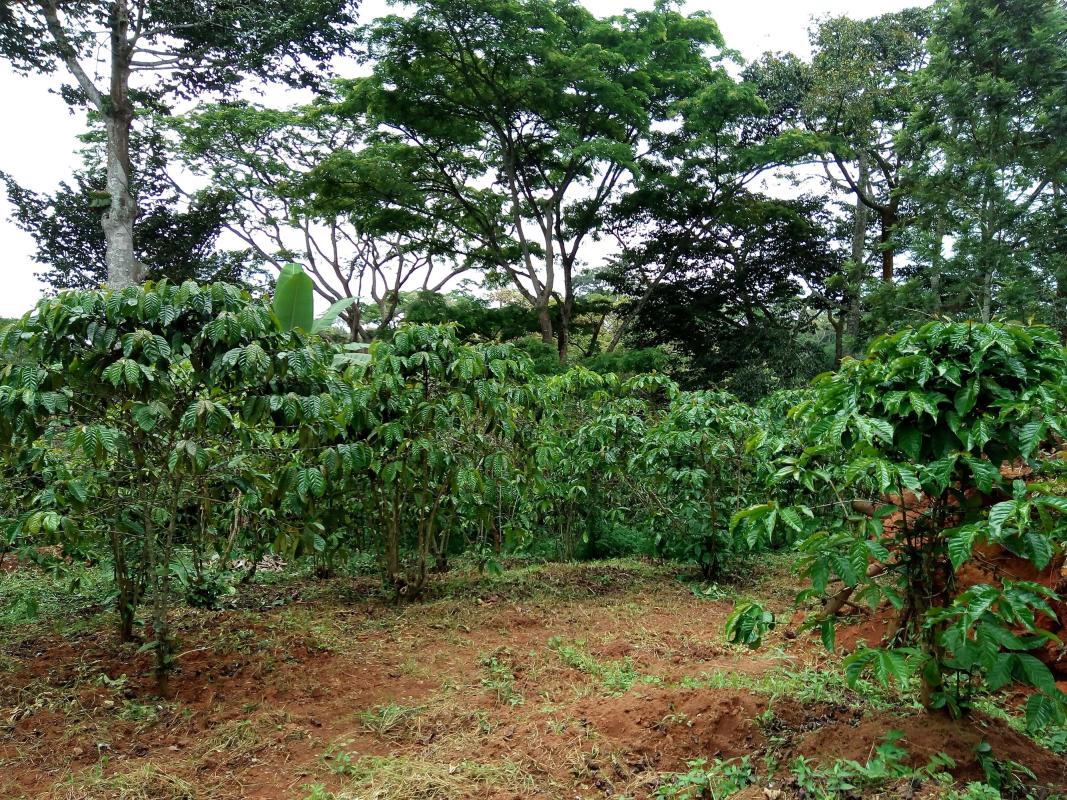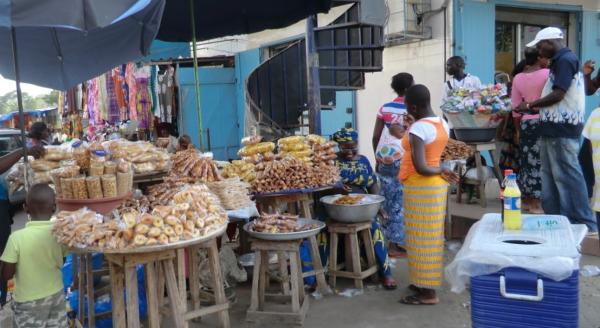- Home
- Worldwide
- Our regional offices
- Central Africa
- Angola
Angola

Plantation villageoise de café robusta dans la région de Gabéla en Angola. © G. Trouche, Cirad
Boosting the agricultural economy to reduce poverty
Despite strong growth, largely driven by the oil sector, which has nonetheless weakened its economy in recent years, Angola is experiencing great poverty and needs to feed its rapidly growing population (nearly 35 million inhabitants).
The country is counting on agriculture to diversify its economy and reduce its food imports.
Even though the agribusiness sector is currently attracting particular attention, with strong investments expected in this sub-sector: development of cash crops, agribusiness, etc, significant support to family farms, the basis of Angola's agricultural production sector, is also essential.
Agricultural development and vocational training: the two main focuses
Over the past ten years, CIRAD has been working closely with its Angolan partners through various research and training projects and appraisal missions
Main actions and areas of research
- Development of agricultural and agrifood production.
- Capacity building in agricultural, veterinary and agrifood training.
CIRAD works with Agreenium to train managers, PhD students, researchers, engineers and technicians to develop agricultural sectors. - Supporting institutional strategic and programmatic thinking.
Areas of training
- Agrifood
- Seeds
- One health: animal and plant health (epidemiology, disease control, etc)
- Animal production including aquaculture
- Bioenergy
- Sustainable management of environmental resources
- Agricultural, food (cereals, legumes, fruits and vegetables, etc) and commercial sectors - such as coffee and cotton.
- Support to family farming
Cooperation and partnerships
Cooperation in agricultural research and training has been revived under the collaboration programme formalized by the French and Angolan Ministers of Agriculture (Luanda, 02/04/2019).
See also the news item (25 April 2019): CIRAD expertise mobilized for agricultural development and training in Angola | CIRAD
This programme concerns support for the development of agricultural and agrifood production, capacity building and agricultural and veterinary training. While the food crop and cash crop development projects that are starting up offer opportunities for expertise and research support, training, both academic and professional, remains a priority in the agricultural sector.
Main partners
Strong partnerships with the main Angolan agricultural research and development institutions:
- Ministry of Agriculture and Forestry (MINAGRIF)
- Agricultural and Veterinary Research Institutes of Angola (IIA, IIV)
- National Coffee Institute of Angola (INCA)
- Huambo Faculty of Agricultural Sciences (FSA)
- Malanje Higher Institute of Agri-Food Technologies (ISTAM)

























